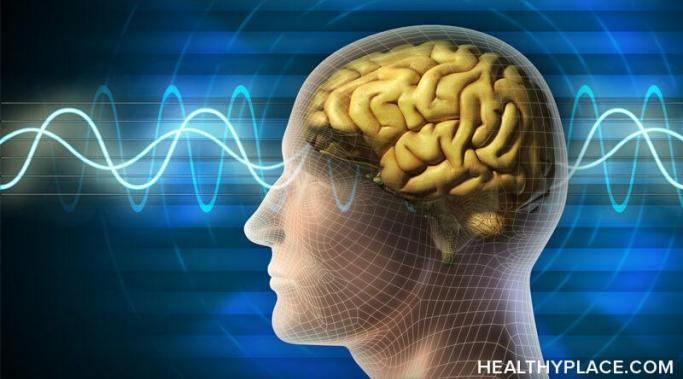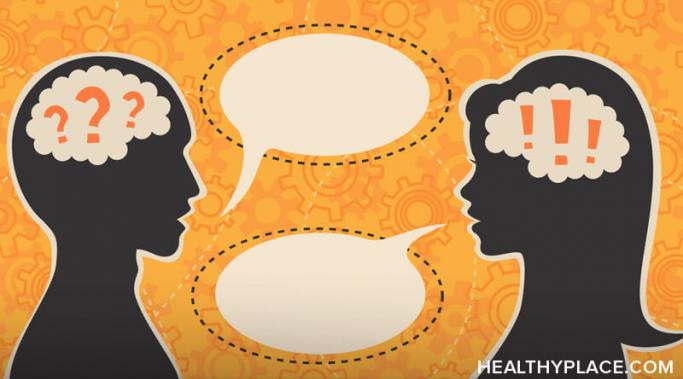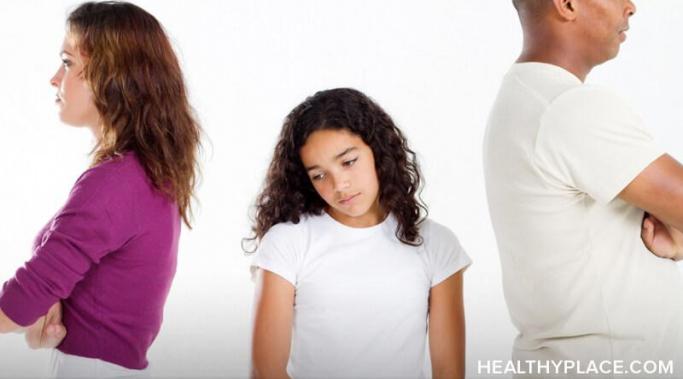While thinking about what to write about this week, I received a text from someone I had not spoken to for a long time, and it inspired me to write about nurturing healthy relationships when you have depression. The relatively quick conversation left me thinking about how the person and I had drifted apart. Yet, in all honesty, I wasn't sad about the drifting apart. What I once thought was a healthy relationship was not. It was very one-sided and unhealthy for me, living with depression. Thus, nurturing healthy relationships becomes not just beneficial but essential when you are coping with depression.
Causes of Depression
Coping with cognitive distortions can be a challenge. In the intricate landscape of our brains, thoughts can often be like tangled balls of yarn, distorting reality and discoloring our perception of the world around us. For those of us coping with depression, these cognitive distortions can become particularly prominent, taking the tangled yarn and weaving a complex tapestry of negativity and despair. It becomes imperative to untwist our thinking and return to a more logical and realistic mindset. In the past year, through training peers about cognitive distortions and mental health wellness, I have come up with a couple of strategies to assist with coping with cognitive distortions.
Coping with depression triggers generally requires practicing specific skills. It isn't always easy to continuously do so, especially when the skills should be practiced proactively. However, practicing coping skills and being self-aware of how to cope with depression triggers could help some either avoid a depressive episode or experience a less severe depressive episode.
Many people find it challenging to cope with disappointing others, whether a loved one, a friend, or a coworker. I am no exception. I will avoid disappointing someone if possible. We all know how it feels to be disappointed or let down, so why would I want to inflict that feeling onto someone else? I possess great empathy for others, almost to a fault. So, to know that I am about to confront someone and make them feel sad or disappointed makes me feel guilty, which then leads to depression. However, lately, I have been trying to reroute my thinking and people-pleasing tendencies to remember the positives and why I can no longer appease everyone to help cope with disappointing others.
Looking for a new job is never easy, but depression while job hunting is even worse. Being unemployed at the same time is terrible, too. Unfortunately, I have experienced that in the last couple of years. Getting lost in the cumbersome tasks of revamping my resume and applying for jobs is dispiriting. Thus, it becomes easy for job hunting to cause my depression to set in quickly.
I always thought my depression might be inherited because both my parents have experienced it. But we all shared the same house, town, financial situation, and social network when I was growing up, so I wondered if it was more a product of our environment than our genes. As it turns out, both are correct. Experts think depression is about 50 percent inherited and 50 percent other factors.
For depression sufferers, it can feel like our minds filter out positive emotions and turn our thoughts into a vortex of negativity. Seeing the pain and suffering caused by natural disasters often exacerbates depression.
Last year, I quit my soul-sucking corporate job to pursue my true passion: writing. It impacted my depression in unexpected ways; in fact, it made my depression worse.
When someone dies by suicide, condolences pour in both online and offline. People grieve the loss of the deceased individual via statements like, "If only they had reached out to me before taking this step, I would have helped them." Unfortunately, this is untrue. It is trendy to pay lip service to mental health (or the lack thereof). Whether it's organizations or individuals, #MentalHealthMatters as long as it doesn't inconvenience anyone. (Note: This post contains a trigger warning.)
"Ghosting" is the act of abruptly cutting off all contact with another person without warning, of disappearing from their life without explanation and without a trace. It has been characterized as a cruel and cowardly practice that has a devastating impact on the "ghostee," but I would counter that in some cases, ghosting is the only way to distance yourself from a toxic and unhealthy relationship and the only way to safeguard your mental health when no alternative presents itself.









